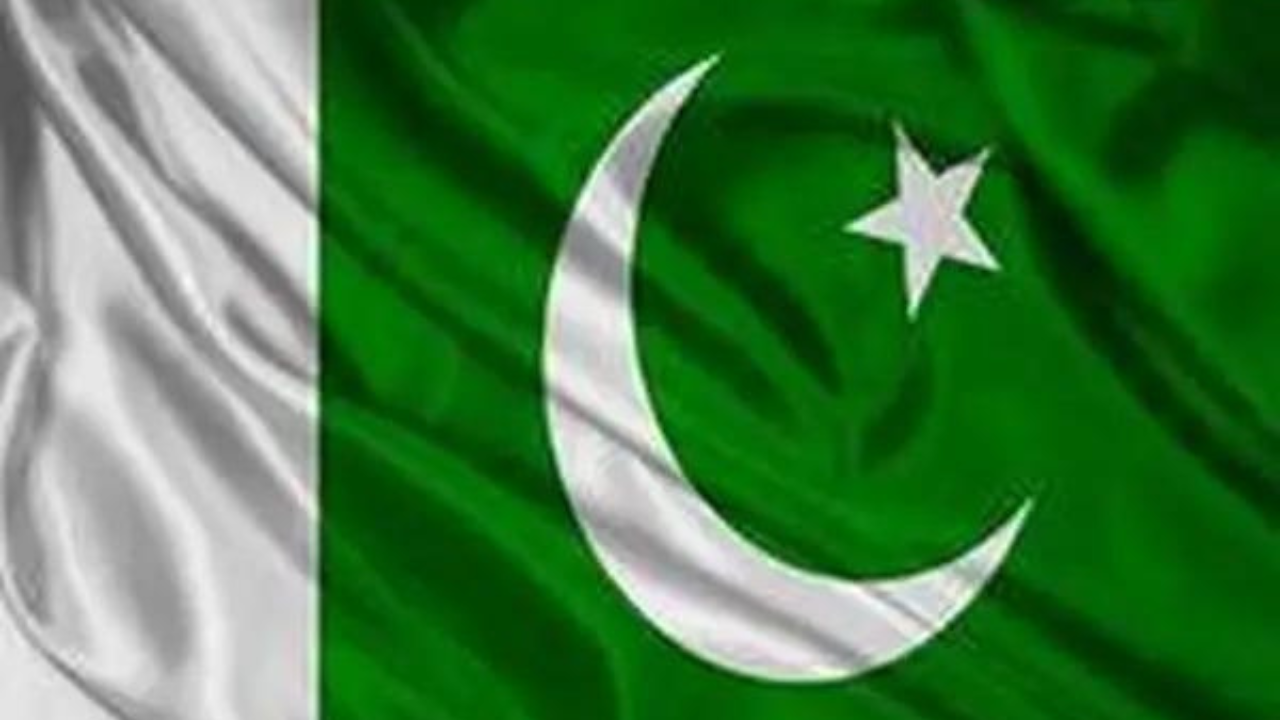MUMBAI: Pakistan‘s nuclear weapons programme has always been India-centric and “geared mainly to assuring that this nation will not suffer any strategic disadvantage” vis-a-vis its neighbour, the American embassy in Islamabad reported to the state department in a confidential four-decades-old cable released on Wednesday night.
The March 30, 1980 cable, bearing the number “2933” and titled “Non-Proliferation Policy Assessment”, was released along with several others by the Washington-based National Security Archive under the Freedom of Information Act.
“We are not sanguine that the fundamental conflict over nuclear issues between the USG (United States government) and the GOP (government of Pakistan) will diminish,” the cable states.
The communication was purportedly in response to the state department’s request that the embassy prepare a critical assessment of Pakistan’s approach to non-proliferation, as governed by the 1968 treaty meant to forestall the nuclear arms race.
The cable points out that since the embassy had already produced extensive reporting on nuclear issues involving Pakistan, it was limiting itself to some observations.
According to the cable, a central point was the perceived narrowness of local attitudes to the “present and future dangers posed…by the proliferation hazards of sensitive nuclear technology”.
“The public dialogue is almost innocent of any reflection on its relation to the need for an evolutionary nuclear regime that can accommodate the next generation of nuclear technology and reduce the dangers of its widespread use,” it says.
“Rather than considering whether investments in nuclear technology should be evaluated by their economic, technical and scientific merits, the government of Pakistan gives greater priority to concerns of national security and self-sufficiency.”
According to another embassy cable dated September 18, 1980, a Dutch law school student
at the University of Tilburg uncovered important information about Pakistani nuclear physicist A Q Khan’s efforts to acquire uranium enrichment technology in the Netherlands.
Khan, the central figure of the Pakistani nuclear weapons programme, died on October 10, 2021.
The cable says the student’s research identified the role of a Dutch company, Van Doorne, in
fulfilling the order of the Pakistani embassy in erstwhile West Germany for over 6,000 tubes made from a special hard type of steel suitable for use in gas centrifuges.
These centrifuges play a significant role in any nuclear weapons programme.
The cable says that the special type of steel and its supply by the Dutch firm had been part of US-French intelligence discussions on June 21 and 29, 1979.
In September 1980, when the cable was drafted, the Dutch government’s criminal investigation department was scrutinising Van Doorne’s role in the transactions.
The March 30, 1980 cable, bearing the number “2933” and titled “Non-Proliferation Policy Assessment”, was released along with several others by the Washington-based National Security Archive under the Freedom of Information Act.
“We are not sanguine that the fundamental conflict over nuclear issues between the USG (United States government) and the GOP (government of Pakistan) will diminish,” the cable states.
The communication was purportedly in response to the state department’s request that the embassy prepare a critical assessment of Pakistan’s approach to non-proliferation, as governed by the 1968 treaty meant to forestall the nuclear arms race.
The cable points out that since the embassy had already produced extensive reporting on nuclear issues involving Pakistan, it was limiting itself to some observations.
According to the cable, a central point was the perceived narrowness of local attitudes to the “present and future dangers posed…by the proliferation hazards of sensitive nuclear technology”.
“The public dialogue is almost innocent of any reflection on its relation to the need for an evolutionary nuclear regime that can accommodate the next generation of nuclear technology and reduce the dangers of its widespread use,” it says.
“Rather than considering whether investments in nuclear technology should be evaluated by their economic, technical and scientific merits, the government of Pakistan gives greater priority to concerns of national security and self-sufficiency.”
According to another embassy cable dated September 18, 1980, a Dutch law school student
at the University of Tilburg uncovered important information about Pakistani nuclear physicist A Q Khan’s efforts to acquire uranium enrichment technology in the Netherlands.
Khan, the central figure of the Pakistani nuclear weapons programme, died on October 10, 2021.
The cable says the student’s research identified the role of a Dutch company, Van Doorne, in
fulfilling the order of the Pakistani embassy in erstwhile West Germany for over 6,000 tubes made from a special hard type of steel suitable for use in gas centrifuges.
These centrifuges play a significant role in any nuclear weapons programme.
The cable says that the special type of steel and its supply by the Dutch firm had been part of US-French intelligence discussions on June 21 and 29, 1979.
In September 1980, when the cable was drafted, the Dutch government’s criminal investigation department was scrutinising Van Doorne’s role in the transactions.

